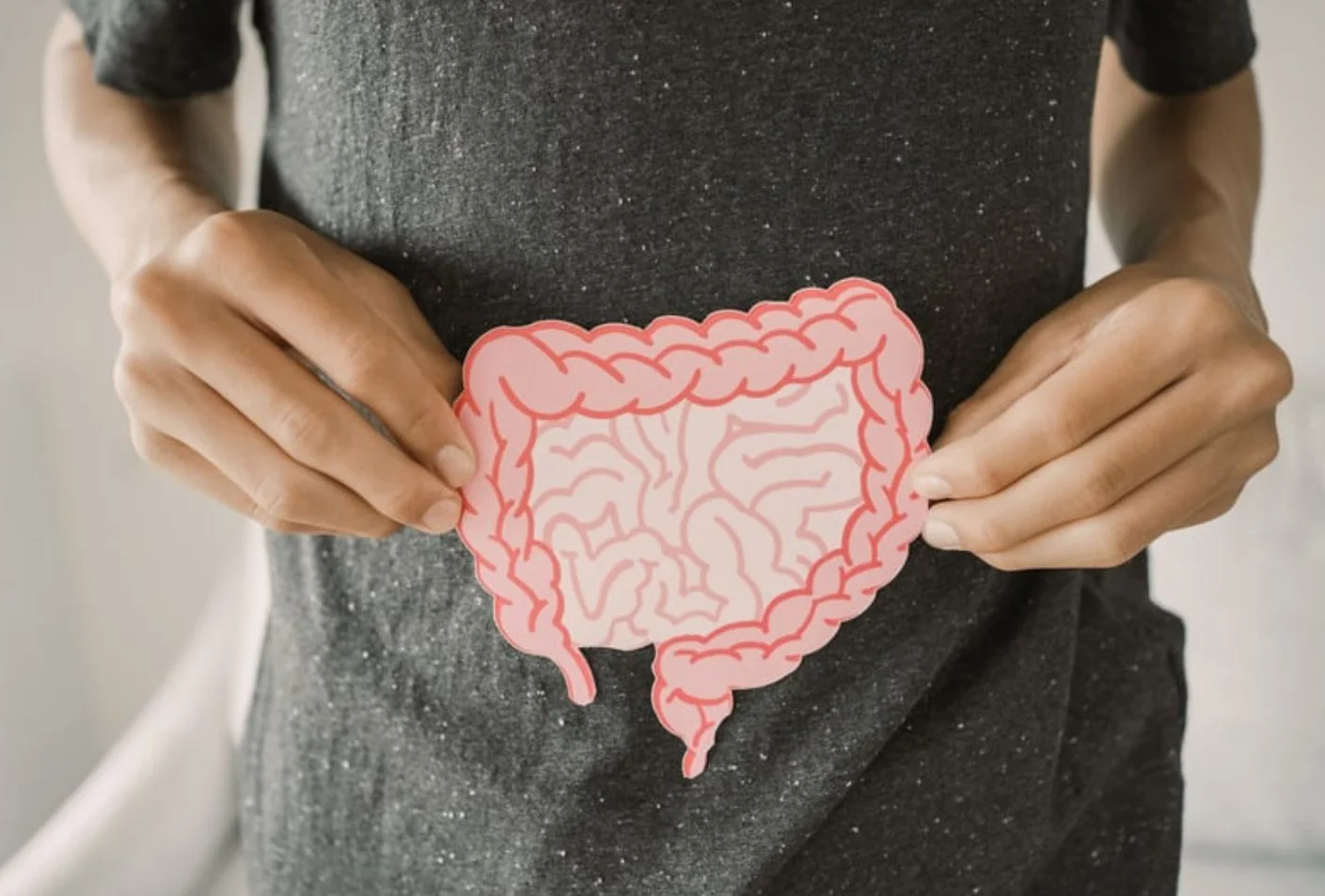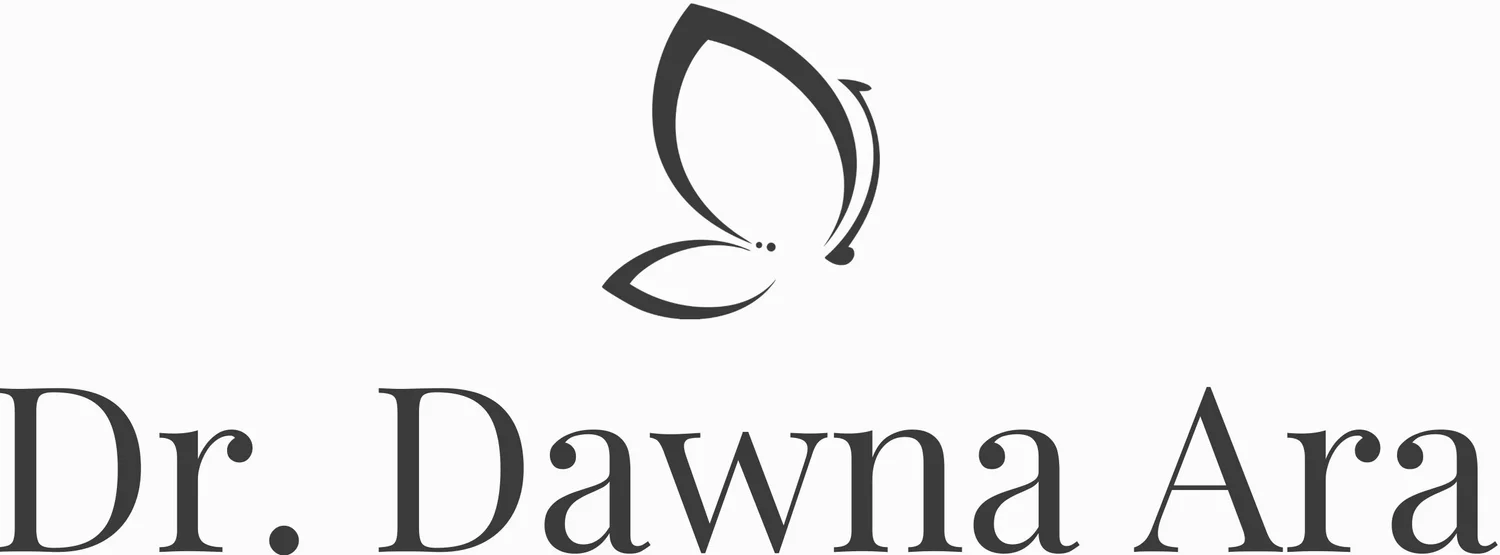
GUT HEALTH
Gut Health
Gut health is about far more than digestion. Your gastrointestinal tract plays a central role in immune function, hormone balance, nutrient absorption, mental health, detoxification, and inflammation regulation. When the gut is out of balance, it can show up in places you might not expect—like your skin, mood, menstrual cycle, or even your joints. In both Eastern medicine and functional medicine, the gut is seen as the foundation of overall health. When the gut is strong and well-regulated, the rest of the body can function in harmony.
Common Gut-Related Conditions We Work With:
Bloating, gas, constipation, or loose stools
Irritable Bowel Syndrome (IBS)
Small Intestinal Bacterial Overgrowth (SIBO)
Leaky gut / intestinal permeability
Candida or yeast overgrowth
Chronic acid reflux (GERD)
Histamine intolerance or food sensitivities
Inflammatory Bowel Disease (IBD: Crohn’s, ulcerative colitis)
Post-antibiotic gut dysfunction
Skin conditions linked to the gut (eczema, acne, rosacea)
Hormonal imbalances related to gut-liver axis
Anxiety, depression, brain fog, or mood swings
Why the Gut Affects Everything
The gut is home to:
70–80% of the immune system
A complex enteric nervous system (your “second brain”)
A thriving microbiome that regulates hormones, neurotransmitters, and inflammation
When the gut lining is compromised or the microbiome is imbalanced, it can affect:
Mood and brain function (through the gut-brain axis)
Skin clarity (eczema, acne, rosacea)
Menstrual cycle and hormones (via estrogen detox and the gut-liver axis)
Pain, inflammation, and autoimmunity
Energy, focus, and nutrient absorption
A Functional & Eastern Medicine Approach to Gut Health
Functional medicine and acupuncture take a root-cause approach to gut healing—addressing what’s driving your symptoms rather than just masking them. We start with a full assessment of:
Digestive symptoms and food reactions
Stress patterns, trauma history, and nervous system regulation
Antibiotic or medication use
Environmental exposures (mold, heavy metals, toxins)
Hormonal history and menstrual health
Your relationship with food and digestion
-
GI mapping or stool analysis
SIBO breath testing
Food sensitivity testing
Zonulin and markers of leaky gut
Inflammatory and immune markers
Nutrient absorption (B12, zinc, magnesium, iron)
-
Personalized gut-healing protocols with nutrients like L-glutamine, zinc carnosine, or DGL
Herbal antimicrobials for SIBO, candida, or dysbiosis
Digestive support: enzymes, bitters, or HCl as needed
Probiotics or prebiotics carefully selected based on symptoms and labs
Anti-inflammatory food plans that support gut repair without extreme restriction
-
Acupuncture is highly effective in regulating gut motility, calming the nervous system, and supporting vagus nerve activity—especially in conditions like:
IBS (constipation- or diarrhea-predominant)
Reflux or nausea
Post-infectious gut dysfunction
Menstrual-related digestive changes
Bloating and abdominal pain
Anxiety and digestive tension
Eastern medicine views the gut (Spleen and Stomach systems) as central to energy, clarity, and emotional stability. Treatment may also include herbal formulas, moxibustion, cupping, or tuina massage to support digestion and circulation.
-
Stress and trauma can alter gut motility, enzyme production, and microbiome balance. We incorporate:
Vagus nerve stimulation techniques
Nervous system regulation (acupuncture, breathwork, grounding)
Sleep, movement, and circadian rhythm support
Emotional root work when relevant
When your gut is supported, everything works better.
From clearer skin and more stable moods to improved energy, hormones, and cognition—gut repair is often the foundation of true, lasting wellness. Whether you’re struggling with uncomfortable digestion, unexplained fatigue, or chronic symptoms that come and go, addressing the gut may be the place to begin.
